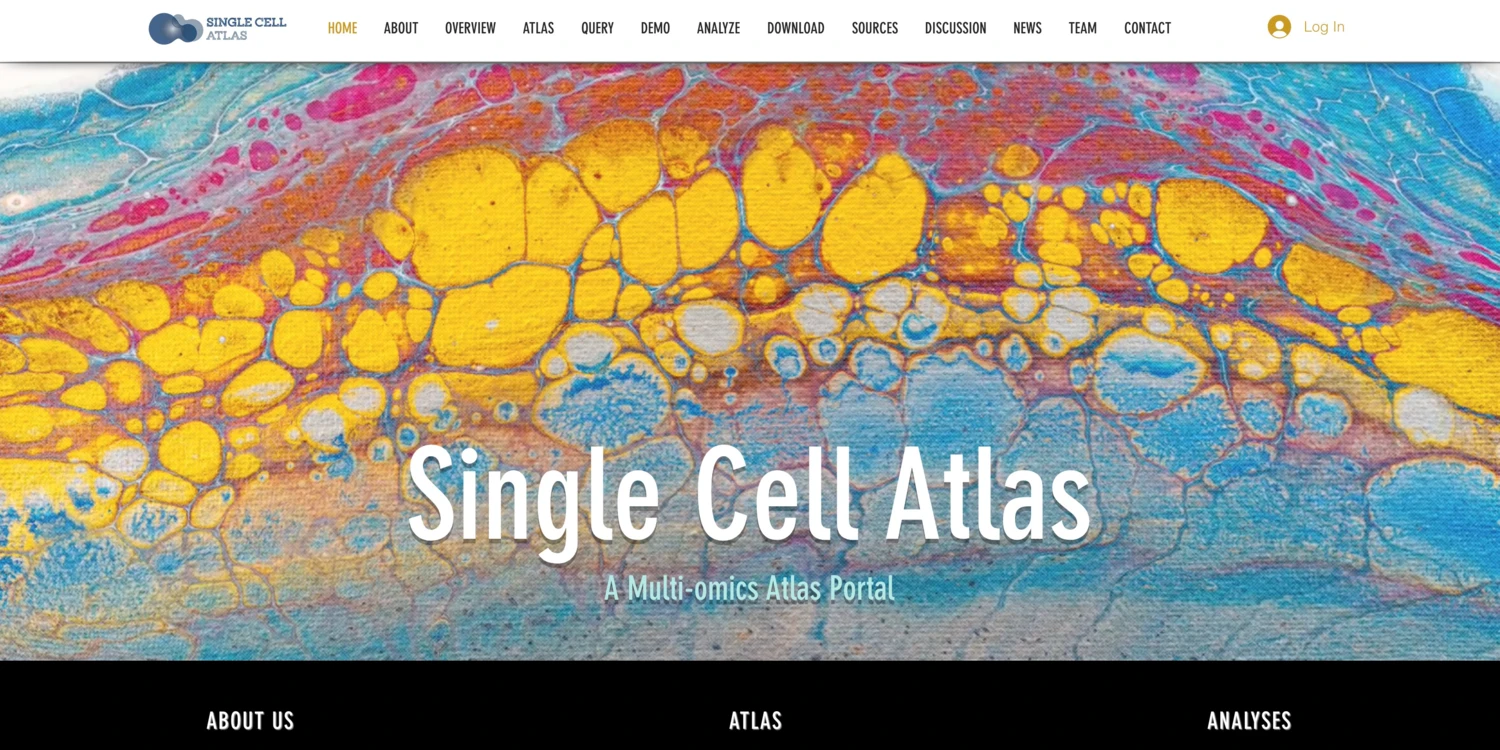October 20 is Men’s Breast Cancer Awareness Day, and Breast Cancer Network Australia (BCNA) is using it to highlight a lack of awareness by men about the disease.
‘We know from studies that breast cancer is diagnosed on average five to 10 years later in men than in women,’ said BCNA CEO Kirsten Pilatti.
‘Many men don’t think that they can get breast cancer. Some men ignore a lump when they find it, or feel embarrassed and don’t report it to their doctor.
‘Men represent a tiny proportion of all diagnoses – less than one per cent. But those statistics are very significant to the 164 men who will be diagnosed in 2019 and the 32 expected to die.’
She said men diagnosed with breast cancer continue to face a unique set of challenges.
‘After initially facing the stigma of being diagnosed with a “woman’s disease”, men have to confront poor access to clinical trials and far fewer resources to assist them and their families.
‘Any man with breast cancer, or who has questions about it, can use BCNA’s My Journey online tool, which delivers the very latest information and resource to their tablet or smartphone,’ she said.
BCNA also offers a free Helpline for advice – 1800 500 258.
Craig’s story
Craig Law was 39 in 2005 when he discovered that breast cancer wasn’t “a woman’s disease”.
After receiving a knock to his chest, Craig found a pea-sized growth. He dismissed it, but 12 months later suffered a broken rib and discovered the lump had grown to the size of a grape.
‘I had an ultrasound, a needle biopsy, and then a core biopsy. I guess it was then I knew it was probably something sinister. When the results came back, it was confusing. I remember thinking, men don’t get breast cancer, do they?’
Craig said one of his hardest tasks was breaking the news to his children.
‘I love every part about being a dad. It’s all I have ever wanted to be. My mum died when I was less than a year old, and I ended up in an orphanage for most of my childhood. I know first-hand how something like that can change your life. My biggest fear is leaving my kids.”
Craig’s eldest daughter was only six at the time of his diagnosis, and his youngest was two.
Seven years after his initial diagnosis, Craig realised his worst fears.
‘I thought that I’d beaten it. Then I felt another lump under my arm. More tests revealed I had metastatic breast cancer and the tumours had spread to my lungs. I had more chemo, more surgery, more radiation, and the spots in my lungs disappeared after treatment.’
Five years later, during a routine appointment, he told his oncologist about feeling short of breath. Scans revealed his lungs were full of tumours, and he had a brain tumour, too.
‘Now I try to make every moment count and cross items off my bucket list. I’ve been learning to fly, which is something I’ve wanted to do since I was a kid. I’ve got so much to live for: my beautiful daughters, and my amazing wife. She’s been my rock.’
Craig said the resources offered by BCNA had been a big help during his breast cancer journey.
‘It’s reassuring to be able to use the My Journey online tool or talk to someone on the Helpline. It’s one of the few places that men with breast cancer can turn to.’
BCNA offers free resources for all men affected by breast cancer via its confidential Helpline on 1800 500 258 and the My Journey online tool atwww.myjourney.org.au





.jpg?sfvrsn=97edde42_5)


